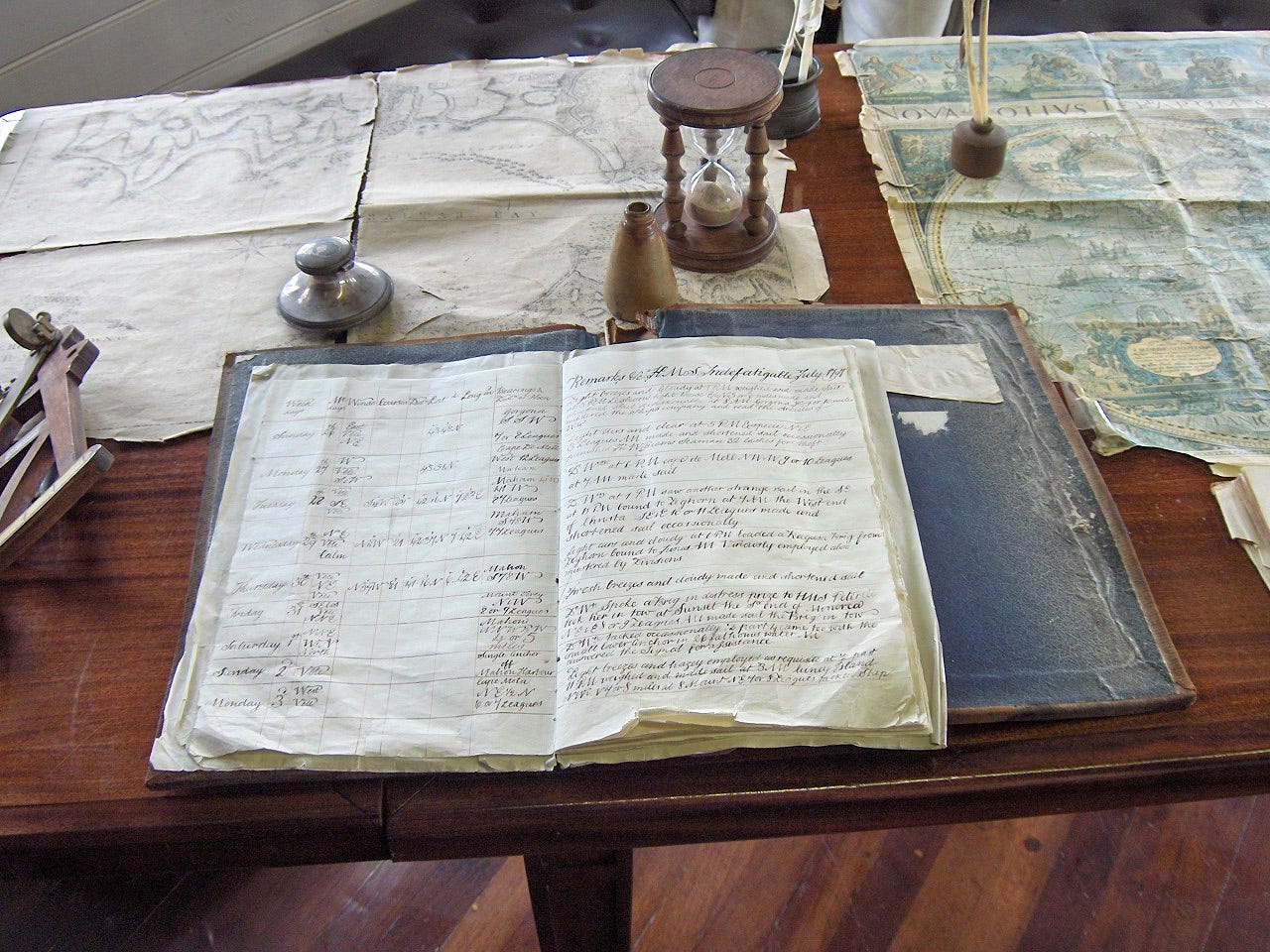Jargon; Technical Terms
PRODUCING the notebook earned me my second job, a job within the structure of the Tars this time.
“Now there’s an example for the rest of you,” boomed Mr. Summers. “Commodore Leroy has already got his notebook! Good for you, Commodore Leroy!”
Mr. Summers paused a moment, and I could see that he was thinking.
“You know,” he said, “I think you deserve something special for being so well prepared. You’re going to have a special job. You’re going to take notes. You will be our Scribe.”
“Yes, sir,” I said. “I’ll keep the log.”
“The log!” said Mr. Summers. “Excellent, Commodore Leroy. The log. That’s exactly what you’ll do: keep the log. I knew you were right for the job. You have a way with words. You’ve got good handwriting, too, and you can spell.”Little Follies, “The Young Tars”
Jargon is the specialized terminology associated with a particular field or area of activity. Jargon is normally employed in a particular communicative context and may not be well understood outside that context. The context is usually a particular occupation (that is, a certain trade, profession, vernacular or academic field), but any ingroup can have jargon. The main trait that distinguishes jargon from the rest of a language is special vocabulary—including some words specific to it and often different senses or meanings of words, that outgroups would tend to take in another sense—therefore misunderstanding that communication attempt. Jargon is sometimes understood as a form of technical slang and then distinguished from the official terminology used in a particular field of activity.
log 1. a thick piece of tree trunk or branch, especially one cut for burning on a fire 2. a full written record of a trip, a period of time, or an event


[more to come on Thursday, March 10, 2022]
Have you missed an episode or two or several?
You can begin reading at the beginning or you can catch up by visiting the archive or consulting the index to the Topical Guide.
You can listen to the episodes on the Personal History podcast. Begin at the beginning or scroll through the episodes to find what you’ve missed.
You can ensure that you never miss a future issue by getting a free subscription. (You can help support the work by choosing a paid subscription instead.)
At Apple Books you can download free eBooks of “My Mother Takes a Tumble,” “Do Clams Bite?,” “Life on the Bolotomy,” “The Static of the Spheres,” “The Fox and the Clam,” “The Girl with the White Fur Muff,” “Take the Long Way Home,” and “Call Me Larry,” the first eight novellas in Little Follies.
You’ll find an overview of the entire work in An Introduction to The Personal History, Adventures, Experiences & Observations of Peter Leroy. It’s a pdf document.


